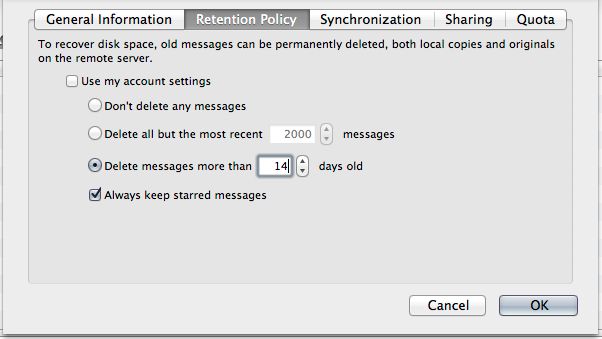I just discovered bhyve today, bringing virtualization support to FreeBSD hosts. And there’s a blueprint to bring support for it to OpenStack.
Category Archives: Miscellaneous
ssh tunneling for fun and profit
ssh is one of those things that’s useful for way more than meets the eye. Here’s a handy feature to add to your bag of tricks — you can tunnel traffic from your machine to a remote machine through another server running an ssh server.
Where this is often useful is in setups where you want to access a system on a private LAN, but it’s behind a firewall or bastion host (running ssh). You could connect if you were on the LAN on the other side, but you’re not.
It looks something like this:
The magical command here is something like this:
ssh -NfL 8080:192.168.1.2:80 root@virtlab-cloud-04
That would map localhost:8080 (on the machine where you’re running this command — i.e., your computer, or “You” in the diagram) to 192.168.1.2’s port 80 — but it connects to 192.168.1.2’s port 80 _through_ a host named “virtlab-cloud-04”, which you’ve ssh’ed into as root. (You do not need to be root for this to work.)
So, maybe you’re on your laptop at an airport hotspot, and 192.168.1.2 is the IP of a home system. You can map a port on it to your laptop by ssh’ing through your Linux box listening over ssh at home.
At a previous employer, I used this to manage our SAN via its (awful) web-based UI on our production network. The SAN was obviously not reachable over the Internet, but I could map its web UI to localhost:8080 on my desktop through a bastion host we had.
Purging Old Mail in Thunderbird
I’ve always wished for a feature in a mail client that would let me say, “Only keep mail in this folder for ___ days,” after which point it would just be automatically deleted. I filter mail from mailing lists into individual folders, and mail can get out of control quickly if I don’t watch it. I’ve searched a few times for Thunderbird extensions to do this, and was always surprised that none existed. In the back of my mind, I figured I’d have to write my own.
Today, I realized why this plugin doesn’t exist. It’s because it’s a native feature in Thunderbird.
Right-click on a folder, click “Properties,” and then there’s the “Retention Policy” tab:
Oh happy day.
Background Jobs in WordPress
In building an interactive site that, well, isn’t horribly slow, you frequently want to schedule background jobs, or queue asynchronous tasks, that should be run, but not right away. For example, if a user signs up and you want to send them a welcome email, you don’t necessarily want to do it while the page is rendering for the user, because if it takes a moment, it would slow things down. Spam checks, updating a search index, and so on might fall into the same category.
I’m starting to tinker with a half-baked idea for a WordPress plugin, and spent a while searching for how to do this. As best as I can tell, WordPress doesn’t provide a background worker per se. But it has a related concept that may suit your needs — the wp-cron system, particularly wp_schedule_event. (But check out all the wp-cron functions.)
Unlike a background worker that’s always running to pick up new tasks off the queue, wp-cron is a bit different. It appears that it can literally be invoked by cron on a *n.x system, or it can be woken up by page visits if it’s “time” for a scheduled event. I haven’t delved into it enough yet to be sure, but I suspect it wouldn’t be good for things where you assume that “queuing” them will almost-instantly run them. (Though that’s not really a safe assumption to make even for always-on background workers.) But if time isn’t quite of the essence, this may work very well.

